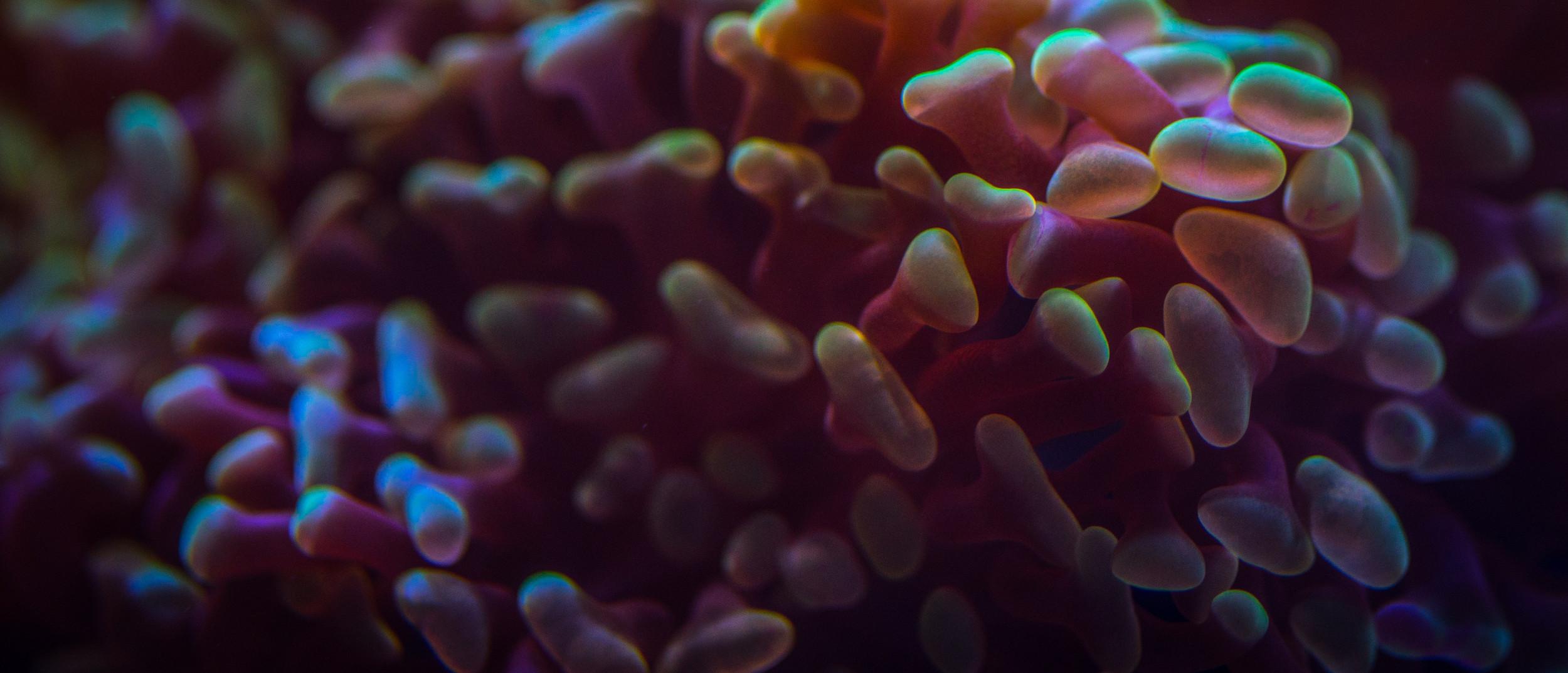

Fluorescence of Molecular Beacons
Biological processes can be traced through study of gene-expression via a “molecular beacon” (single-stranded DNA, ssDNA), a hairpin-shaped oligonucleotide with a fluorophore (donor) and a quencher (acceptor). The hairpin’s stem has two ends of complementary DNA (cDNA) that pair up. When hybridized, the fluorophore and quencher are close, producing little or no fluorescence. Molecular beacons are used to study enzyme interactions, cDNA sequencing, and biosensing.1
1 X. Liu, et al.,Anal. Biochem. 2000, 283, 56– 63; X. Fang, et al., Anal. Chem. 2000, 72(14), 3280–3285.
Steady State and Lifetime Benchtop Spectrofluorometer
Do you have any questions or requests? Use this form to contact our specialists.
